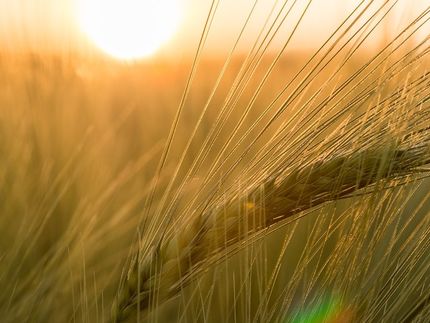BASF applies for European approval for Fortuna, a disease-resistant table potato
BASF Plant Science applied for EU approval for Fortuna, a genetically optimized table potato. Fortuna has a wild potato’s natural protection to late blight, a disease causing severe problems in agriculture. The application for approval covers commercial cultivation as well as use as food and feed within the EU. In the next step of the approval process, the European Food Safety Authority (EFSA) will assess the safety of Fortuna for humans, animals and the environment.
BASF Plant Science started research efforts on the disease-resistant potato in 2003. Fortuna has been tested in field trials for six years and has been subjected to extensive safety assessments. Market introduction is expected for 2014/15.
“Fortuna provides decisive benefits for agriculture”, says Peter Eckes, President of BASF Plant Science. “The processing characteristics of Fortuna are as good as the parent variety. In addition, Fortuna offers complete protection from one of the world’s most persistent potato diseases. By coupling Fortuna with modern plant protection measures, we are now in a position to offer a food which is produced with a highly sustainable method. Consumers ultimately stand to benefit from this too.”
Fortuna represents the further development of one of Europe’s leading potato varieties for the production of french-fried potatoes. The researchers at BASF Plant Science have given Fortuna complete resistance to late blight. Late blight is the most important potato disease in the world and is caused by the fungi-like pathogen Phytophthora infestans. Up to 20 percent of annual harvests the world over are lost to this disease. Farmers expend a huge amount of time and effort into fighting Phytophthora.
The two resistance genes transferred to Fortuna come from a South American wild potato and were originally discovered by Dutch scientists. Despite more than five decades of intensive effort, plant breeders using conventional methods have not managed to cross both resistance genes jointly and successfully into an agronomically high-performance potato variety.
Other news from the department research and development

Get the life science industry in your inbox
By submitting this form you agree that LUMITOS AG will send you the newsletter(s) selected above by email. Your data will not be passed on to third parties. Your data will be stored and processed in accordance with our data protection regulations. LUMITOS may contact you by email for the purpose of advertising or market and opinion surveys. You can revoke your consent at any time without giving reasons to LUMITOS AG, Ernst-Augustin-Str. 2, 12489 Berlin, Germany or by e-mail at revoke@lumitos.com with effect for the future. In addition, each email contains a link to unsubscribe from the corresponding newsletter.






















































